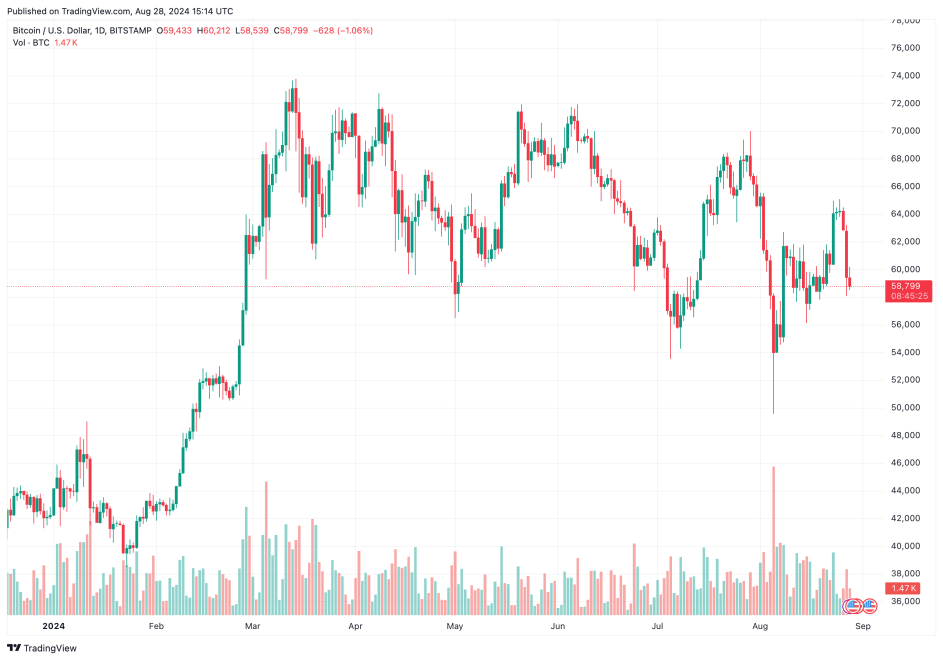- August 29, 2024
- Posted by: admin
- Category: BitCoin, Blockchain, Cryptocurrency, Investments
Japan’s minister of economy, trade and industry, Takeru Saito, said on August 28, 2024, that it aims to propel its Web3 ecosystem through startup-friendly tax reforms.
Startup-Centric Tax Reforms Key To Web3 Industry Growth
To spur its Web3 industry, Japan may soon implement startup-centric tax reforms to make it easier for businesses in this sector to grow. Speaking at the WebX Conference, Saito emphasized the enormous potential of Japanese Web3 and blockchain enterprises.
The minister underscored the importance of positive tax reforms to create an ecosystem that would attract businesses and developers worldwide to Japan. Japanese Prime Minister Fumio Kishida echoed Saito’s views.
In a video address during the WebX 2024 opening ceremony, Kishida declared that Web3 and blockchain businesses could play a pivotal role in resolving many of Japan’s societal issues. With sensible tax and legal reforms, Web3 startups would find it easier to raise funds and help generate new avenues of employment in the country.
Notably, in July 2023, the Japan Blockchain Association (JBA) petitioned the concerned Japanese authorities to slash taxes on crypto assets.
Kishida added that the government will work toward fostering an environment conducive to using Web3 tokens, blockchain-powered instant payments, and revitalizing the content industry. Future policies surrounding the Web3 industry will have user protection as one of their central tenets.
Early signs of a shift in stance toward crypto startups were noticeable in September 2023, when the Japanese government announced measures allowing startups to receive investments in cryptocurrency.
Regulatory Headwinds Remain In Japan
While the WebX Conference inspires confidence in Japan’s commitment to growing its Web3 industry, regulatory challenges surrounding digital currencies continue to be a cause of concern for the country’s crypto ecosystem.
For instance, in July 2024, leading crypto exchange gate.io shuttered its operations in Japan. The exchange stated that it aims to follow financial rules wherever it conducts business, indirectly hinting toward the rigorous cryptocurrency regulations due to money laundering and terrorism financing concerns.
Japan’s stringent cryptocurrency regulations are not without reason. In May 2024, DMM Bitcoin, a major Japan-based cryptocurrency exchange, was hacked, resulting in a loss of $305 million in Bitcoin (BTC).
Conversely, if recent developments are anything to go by, institutional appetite for Bitcoin seems to be on an upward trajectory in Japan.
In June 2024, a joint survey conducted by Nomura Holdings and Laser Digital Holdings found that 54% of those surveyed—including 547 investment managers from family offices and public interest corporations—said they would be interested in entering the digital assets market within the next three years.
